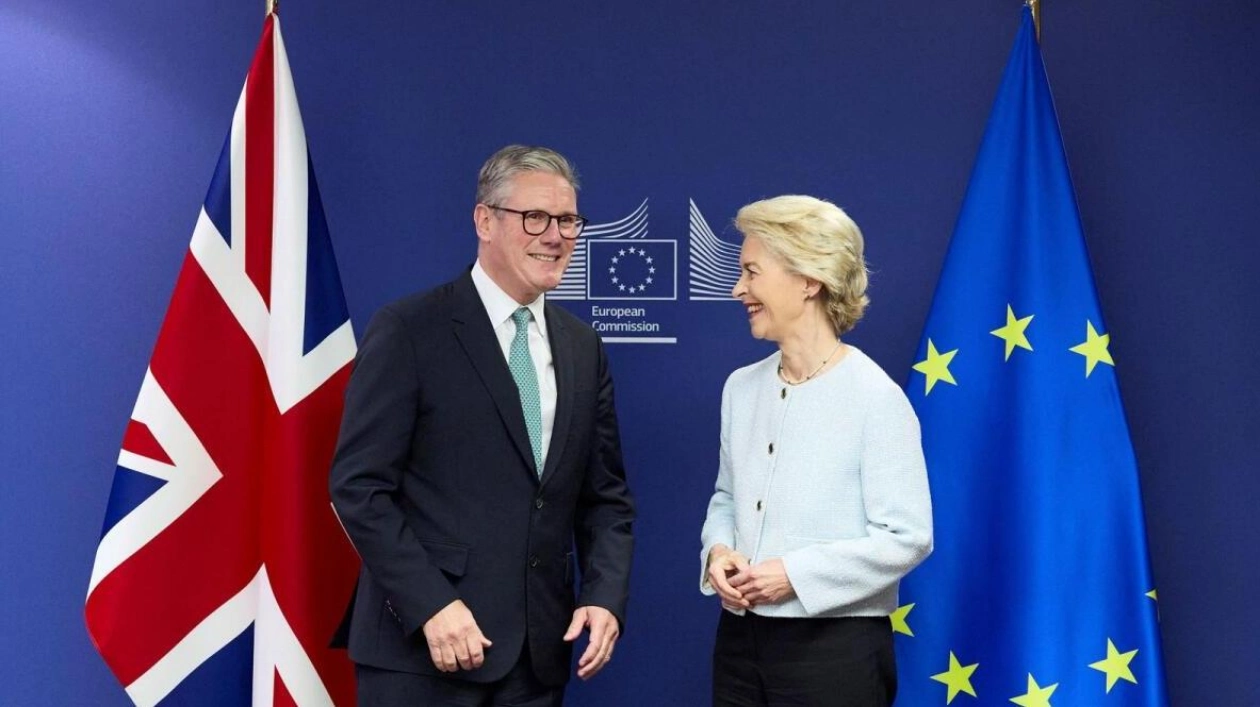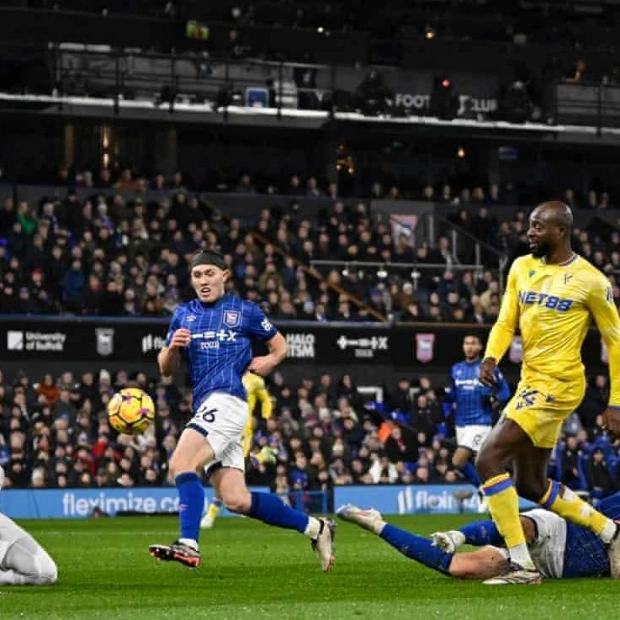British Prime Minister Keir Starmer convened with European Commission President Ursula von der Leyen on Wednesday, marking his initiative to rekindle ties with the EU. This meeting provided an initial platform to address matters such as trade, security, and youth mobility with Brussels. Starmer, whose Labour Party secured victory in July's election, has explicitly stated that his administration will not renegotiate the Brexit deal that concluded Britain's departure from the European Union in 2020. However, he aims to refine the relationship across various domains. The European Union echoes his aspiration for a collaborative security agreement, though discussions on obstacles to the movement of goods and individuals might prove more challenging.
"I am convinced that the British populace desires a return to practical, rational leadership when engaging with our nearest neighbors," Starmer remarked upon his arrival in Brussels. Since the election, Starmer has already journeyed to Berlin, Paris, Rome, and Dublin to establish the foundation for this reset. In addition to von der Leyen, Starmer is scheduled to confer with European Council President Charles Michel and President of the European Parliament Roberta Metsola on Wednesday.
A Commission spokesperson on Monday characterized the meeting with von der Leyen as the "inception of a dialogue," concerning the potential evolution of Britain's relationship with the bloc. "Our alignment on global matters offers a robust basis for our bilateral connections," von der Leyen stated after welcoming Starmer, highlighting the EU's robust alignment with Britain on European security and climate change issues. "We should investigate the potential for enhanced cooperation, while concentrating on the comprehensive and faithful execution of the withdrawal agreement."
Starmer has categorically ruled out any re-entry into the EU's single market, customs union, or freedom of movement arrangements. Nonetheless, he has committed to pursuing a new veterinary accord aimed at diminishing border inspections and also seeks mutual recognition of specific professional qualifications, along with easier access to the EU for touring artists. Although Starmer's more amicable approach has been received positively by EU leaders, both parties acknowledge that modifications to the relationship's substance will necessitate arduous negotiations, even if the core elements of the Brexit agreement remain untouched.
For instance, Starmer has indicated there are no plans for a youth mobility scheme, dismissing an EU proposal that would permit 18 to 30-year-old EU citizens to reside in Britain and young Britons to remain in the EU for up to four years. Youth mobility constitutes a pivotal EU demand, and London's acceptance, possibly in a diluted form, could be a prerequisite for advancing Britain's agenda.






